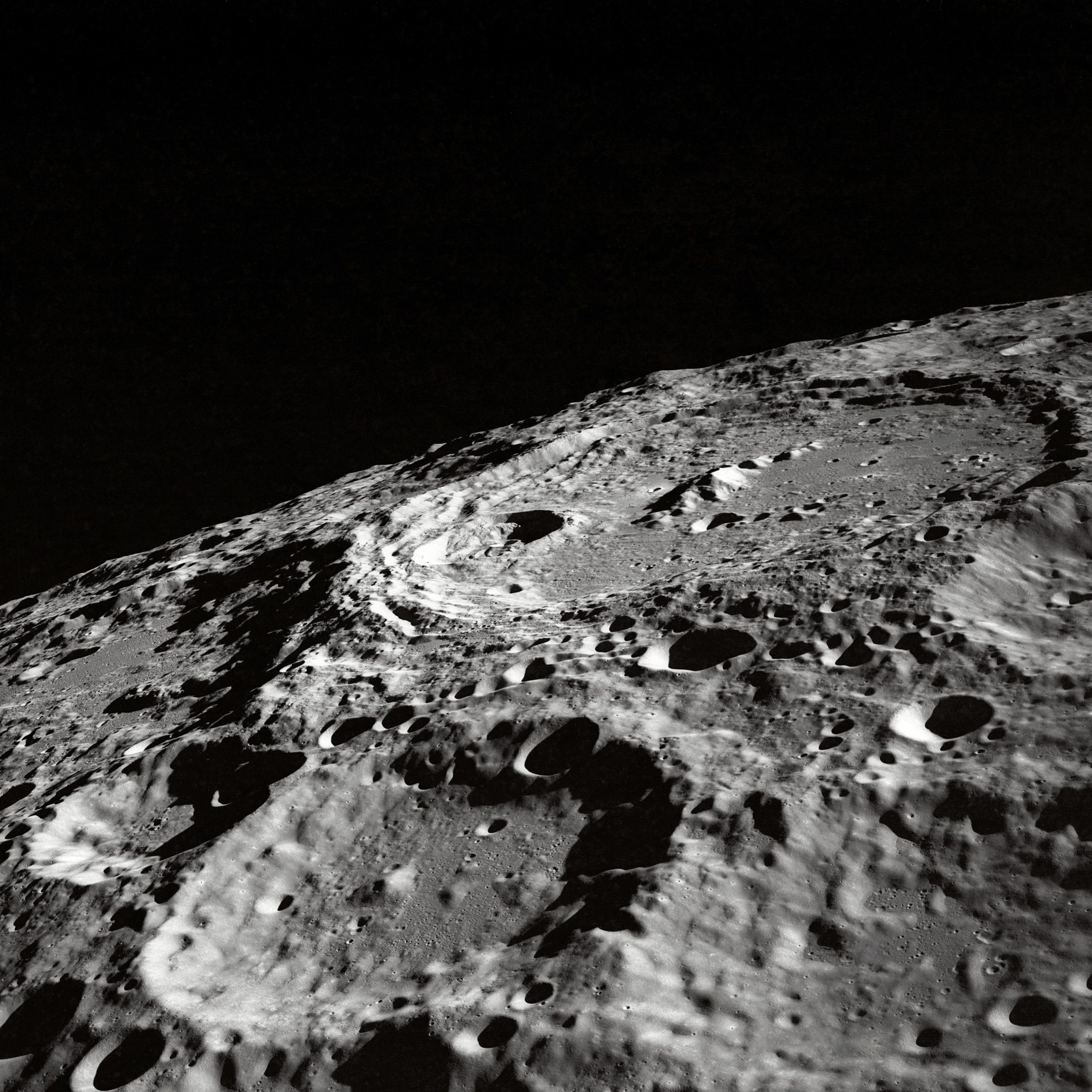Exploring Archetypes in Mythology: Understanding the Collective Unconscious
Mythology has captivated mankind for centuries, weaving enchanting tales of heroes, gods, and mystical creatures. At the heart of these stories lies a powerful tool that resonates with our deepest emotions and experiences – archetypes. These archetypes act as universal symbols, recurring patterns of characters and situations that are found across various cultures and mythologies. In this blog post, we will embark on a journey to unravel the hidden meanings behind archetypes in mythology and understand their significance in shaping our understanding of the world.
Understanding Archetypes
Archetypes, as first coined by Swiss psychiatrist Carl Jung, are universal patterns of behavior, symbols, and motifs that reside in the “collective unconscious” of humanity. They are deeply ingrained in our psyche, transcending individual cultures and time periods. Archetypes tap into our shared experiences, providing us with a framework to understand the world around us.
In mythology, archetypes manifest as characters, motifs, or themes that continually appear and hold similar meanings. These recurrent patterns serve as powerful storytelling devices, allowing us to connect with the essence of human existence and our own psyches. By decoding and analyzing archetypes, we can gain profound insights into universal human experiences and the collective human psyche.
Common Archetypes in Mythology
There are numerous archetypes that can be found in mythology, each with its unique significance and symbolism. Let’s explore some of the most common ones:
The Hero
The Hero archetype represents the protagonist who embarks on a transformative journey, facing trials, overcoming obstacles, and eventually achieving victory. This archetype embodies qualities like courage, determination, and resilience. Heroes can be found in various mythologies – from Hercules in Greek mythology to Beowulf in Norse mythology, and even contemporary heroes like Harry Potter.
The Trickster
The Trickster archetype is mischievous and unpredictable, often creating chaos and disrupting the status quo. Tricksters blur boundaries, challenge societal norms, and bring about change. They serve as catalysts for growth and transformation, forcing individuals and societies to reassess their beliefs and values. Prominent Trickster figures include Loki in Norse mythology and Hermes in Greek mythology.
The Wise Old Man/Woman
The Wise Old Man or Woman archetype represents wisdom, guidance, and knowledge that comes with age and experience. This archetype often serves as a mentor or a spiritual guide, providing insights and assistance to the hero in their quest. Characters such as Merlin from Arthurian legends and the goddess Athena from Greek mythology exemplify the Wise Old archetype.
The Divine Mother
The Divine Mother archetype symbolizes nurturing, compassion, and creation. This archetype encompasses various goddesses and mythical figures associated with fertility, protection, and unconditional love. Mother Earth (Gaia) in Greek mythology and Isis in Egyptian mythology are examples of the Divine Mother archetype.
The Shadow
The Shadow archetype represents the darker aspects of the human psyche – our repressed desires, fears, and instincts. It encompasses the aspects of ourselves that we prefer to ignore or deny. Shadows often manifest as antagonists or inner conflicts that the hero must confront and integrate into their psyche to achieve wholeness. Characters like Darth Vader from “Star Wars” or Grendel from the epic poem “Beowulf” symbolize the Shadow archetype.
The Importance of Archetypes
Archetypes hold immense significance in mythology due to their ability to tap into the collective unconscious, making stories and characters universally relatable. They allow us to connect with the past and bypass cultural barriers, highlighting the shared human experiences that transcend time and space.
By recognizing archetypes in mythology, we gain a deeper understanding of ourselves as individuals and as part of the broader human tapestry. Archetypes remind us that our emotions, desires, and struggles are not unique to us alone. They provide a sense of belonging and help us make sense of the complexities of life.
Conclusion
Archetypes breathe life into mythology, ferrying ancient wisdom through the generations. They enable us to dive into the depths of our collective unconscious, unraveling the intricacies of the human psyche. Whether it is the heroic journey, the mischievous trickster, or the nurturing mother, archetypes serve as signposts on the path of self-discovery and personal growth.
Moreover, archetypes extend beyond mythology, influencing various forms of storytelling in literature, film, and art. They continue to reshape and reinvent themselves, reflecting the evolving nature of human experiences and the endless possibilities for creative expression.
To truly appreciate the power of mythology and the role of archetypes, we must recognize their ability to illuminate universal truths and connect us, generation after generation.
Table of Contents
